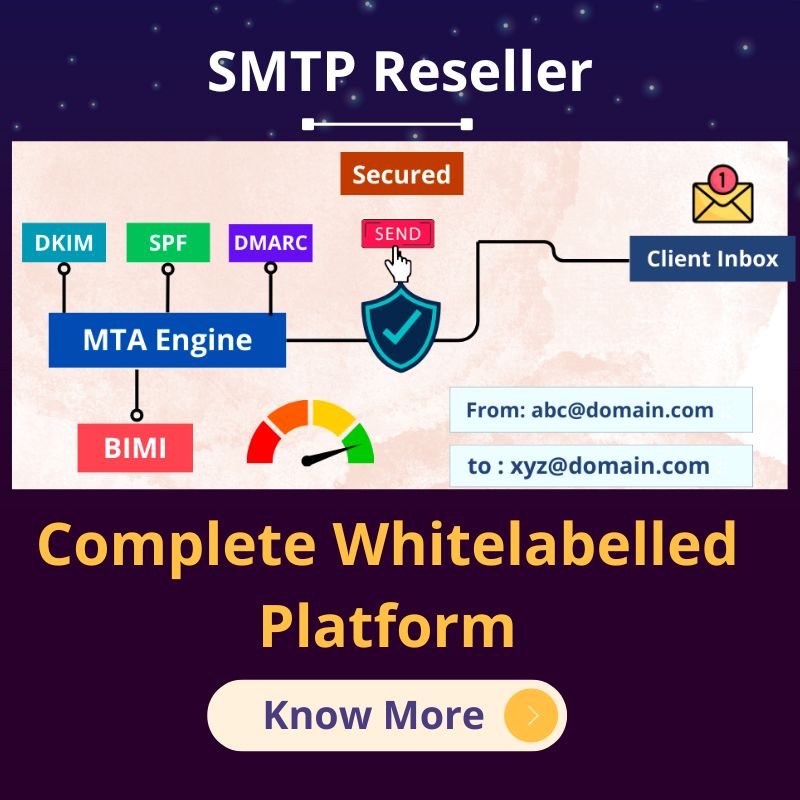What is Public Cloud
The most recognizable model of cloud computing to many consumers is the public cloud model, under which cloud services are provided in a virtualized environment, constructed using pooled shared physical resources, and accessible over a public network such as the internet.
Public cloud is a fully virtualized environment. In addition, providers have a multi-tenant architecture that enables users — or tenants — to share computing resources. Each tenant’s data in the public cloud, however, remains isolated from other tenants. Public cloud also relies on high-bandwidth network connectivity to rapidly transmit data. Public cloud storage is typically redundant, using multiple data centers and careful replication of file versions.
AWS vs Azure vs Google Cloud: Implementation
Now that you have looked at the features and pricing, the next question is how you progress from the AWS vs Azure vs Google Cloud battle.
AWS Implementation
they break it down by the platform you wish to work on, so whether you are making an iOS app, or writing in PHP, they provide some sample code to begin the integration.
Azure Implementation
Unleashing the benefits of Azure is an equally easy journey. The nice thing about Microsoft’s process is that they consider things for the developer and operations, both of which come with in-depth start guides.
Google Implementation
Lastly, we have the process of starting with Google – named ‘Cloud Launcher’.
They equally provide some starting documentation and list some useful benefits
AWS vs Azure vs Google Cloud: Features
AWS Features
Like the other two cloud providers, Amazon uses different codes and names to break down their cloud products. With that said, they fall into the following categories:
Compute
Storage
Database
Migration
Networking & Content Delivery
Developer Tools
Management Tools
Security, Identity & Compliance
Analytics
Artificial Intelligence
Mobile Services
Applications Services
Messaging
Business Productivity
Desktop & App Streaming
Software
Internet of Things
Game Development
Azure Features
Moving on to Microsoft Azure, they equally provide an enormous array of features, but they add value by providing certain capabilities based on the number of users. Take their Enterprise Agreements, these enable large organizations to earn benefits from committing usage to Azure. Such benefits include flexible billing and more competitive pricing.
Another feature differentiator to Microsoft Azure is their degree of certification. In which they claim they have more ‘than any other cloud provider’.
Google Cloud Features
Lastly, you have the Google Cloud platform, which while not necessarily the most historical cloud provider, is throwing its self into Enterprise Computing.
Google has three key points behind their solutions, highlighting:
- Future-Proof Infrastructure
- Seriously Powerful Data & Analytics
- Serverless, Just Code
AWS vs Azure vs Google Cloud: Pricing
AWS Pricing
Starting off with Amazon Web Services, the level of pricing associated with different cloud offerings is easily presented from SMB to Enterprise. This is one of the best assets of the cloud, that as an organization you don’t have to buy a quickly outdated private cloud solution. You merely note your activities, and the cloud will adjust accordingly.
Azure Pricing
Similarly, there are many compelling elements to Microsoft Azure.
Azure also has a breakdown of the various pricing situations, there pricing is more aggressive in certain section than Amazon and Google, owing to their desire to lead segments of the cloud. This includes elements such as moving apps into the cloud.
Google Cloud Pricing
Lastly, Google Cloud.Google’s pricing model attempts to go head-to-head with its core competitors while emphasizing its desire to bill based on exact usage.



